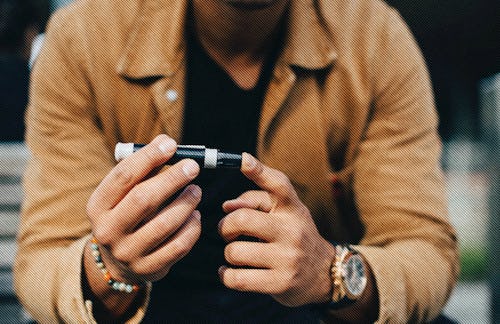
From the start, the scariest thing about COVID has been how much we don’t understand about it. Now that we’re a few years in, there’s much more concrete data on which to make evidence-based decisions. But medical science is still examining how infection may impact our lives long-term. A new study suggests that people who’ve been infected with COVID are at higher risk of developing diabetes.
The study, which was released yesterday in the medical journal The Lancet, used years of data from the medical records of the Department of Veterans Affairs (VA) to make their analysis. First, researchers reviewed the records of 181,200 patients diagnosed with coronavirus infections between March 2020 September 2021. They then compared those records with 4.1 million VA patients who were not infected during the same period and 4.28 million VA patients from 2018 and 2019.
What they found was that people who had been diagnosed with coronavirus were 46% more likely to develop Type 2 diabetes within a year of contracting the disease than those who were not infected. Furthermore, they discovered that the increased risk of developing diabetes is the same whether or not the infected person had a severe case of COVID or not. But, unfortunately, the likelihood of developing diabetes did increase with the severity of symptoms, according to the report.
Scientists have been on the lookout for a clear association between COVID and diabetes, and this study strongly suggests that the two diseases are related. “Current evidence suggests that diabetes is a facet of the multifaceted long COVID syndrome and that post-acute care strategies of people with covid-19 should include identification and management of diabetes,” the researchers wrote in the study. It should be noted that this kind of comparative data analysis can draw associations, but it cannot prove that COVID causes diabetes.
It also feels important to note that the demographic of participants in this study, veterans, do in themselves carry different risk factors for some health issues than other populations. But the study size was so large that researchers believe that the broader public should take heed, the Washington Post reported. Not only that, but similar levels of risk appeared in all subgroups, including gender, race, and age.
Look, I know that a lot of younger people think that diabetes is a Boomer problem, but that’s simply not true. The rate of diabetes in young people is on the rise. And while we are all anxious to get back to the new abnormal, we might also want to stop being cavalier about our COVID risk. Young adults get sick with COVID, too. And since we’re still learning about how infection could impact our future health, it doesn’t hurt to take a few precautions, no matter how young and healthy you are.







